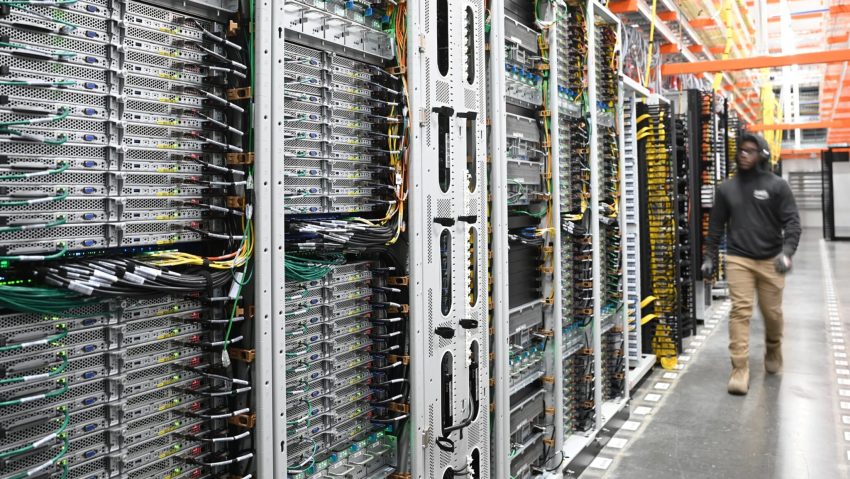Data centers are among the most complex facilities to design. They must balance reliability, security, scalability, and energy efficiency, all while meeting the ever-growing demands of the digital economy. Because of this, hiring the right data center architect is critical. But what kind of experience should these professionals bring to the table?
Let’s explore the essential qualifications and expertise that distinguish highly skilled data center architects from general architectural designers.
1. Technical Knowledge of Infrastructure Systems
A qualified data center architect should have in-depth knowledge of the specialized systems that keep a facility running, including:
- Power distribution systems with redundancy for continuous uptime.
- Cooling systems such as hot aisle/cold aisle designs, liquid cooling, or free-air cooling.
- Network integration to support high-volume data transmission.
- Fire suppression and safety systems designed for sensitive equipment.
This technical expertise ensures the facility remains resilient and functional under heavy demand.
2. Experience with Security Integration
Security in a data center is twofold: physical and digital. Architects should demonstrate experience in:
- Designing access-controlled entry points and restricted zones.
- Incorporating surveillance systems and secure command centers.
- Collaborating with cybersecurity teams to align physical design with IT protections.
By embedding security into the design, architects create facilities that protect critical data assets from both intruders and cyber risks.
3. Sustainability and Energy Efficiency
With data centers consuming vast amounts of electricity, sustainability is a key concern. Experienced architects should:
- Incorporate renewable energy sources such as solar or wind power.
- Optimize layouts to reduce cooling needs.
- Use sustainable building materials.
- Plan for future energy efficiency upgrades.
Facilities designed with these principles save money and reduce environmental impact.
4. Scalability and Future-Proofing
Technology evolves quickly, and data centers must adapt. Skilled architects design facilities that can expand without major disruptions. This includes:
- Modular layouts for quick expansion.
- Flexible power and cooling infrastructure.
- Space planning that accommodates future server technologies.
A forward-thinking design prevents costly retrofits down the line.
5. Familiarity with Compliance Standards
Data centers are often subject to strict regulatory and industry standards. Architects should understand requirements such as:
- Uptime Institute’s Tier Standards.
- ISO and ANSI compliance.
- Local building and zoning codes.
- Environmental and energy regulations.
This knowledge ensures the facility is not only functional but also fully compliant.
6. Strong Portfolio of Completed Projects
Finally, the most telling sign of a capable architect is a proven track record. A portfolio should include:
- Facilities designed for different industries (finance, healthcare, government, etc.).
- Projects showcasing both small- and large-scale data centers.
- Demonstrated improvements in efficiency, security, or performance.
Trusted Expertise in Data Center Design
Businesses seeking world-class facilities often partner with seasoned professionals. Many organizations rely on data center architects Stendel + Reich, who are recognized for combining technical precision with innovative, sustainable solutions. Their experience reflects the breadth of expertise required to design secure, efficient, and scalable data centers.
Final Thoughts
The right data center architect should demonstrate a balance of technical know-how, security expertise, sustainability awareness, and a proven history of successful projects. These qualifications ensure that facilities are not only reliable today but also prepared for the demands of tomorrow.

